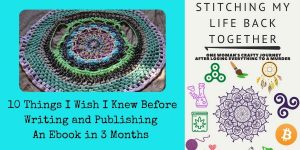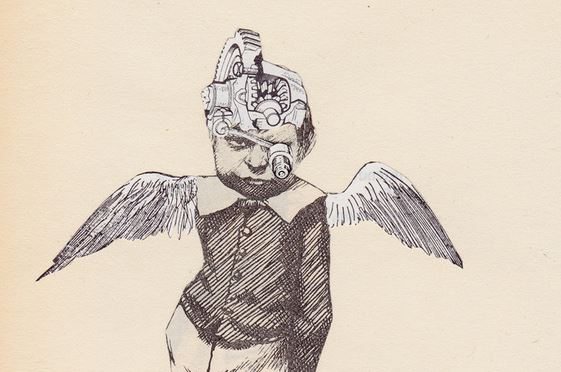 The majority of people have no idea what unschooling is, so I’m here to define it for you.
The majority of people have no idea what unschooling is, so I’m here to define it for you.
A lot of people think they have unschooling all figured out, but are actually stuck in varying states of misinformation.
Unschooling is not a clever or fun way to get your kid to like doing schoolwork, and it’s also not quite “child-led learning”.
Even among homeschoolers, there’s a lot of confusion about what the aim of unschooling is, and what it looks like on a daily basis.
Unschooling, defined? How we’re different:
Unschoolers tend to believe similar broad concepts about the nature of children and of learning, that set us slightly apart from other people. There are plenty of unschoolers who may disagree on some of the finer points, but the core beliefs are, in my opinion, fairly common ground:
Unschoolers believe strongly in the innate capabilities and curiosity of the human spirit from birth.
Firstly, we do not see children as inferior to adults (that’s adultism, FYI).
We strive to treat people of all ages as primarily competent, well-intentioned individuals who possess sufficient internal motivation and drive to learn and grow throughout life.
In short, we believe positive, life-affirming things about human nature, and we have (or cultivate) a large amount of trust in our children as people.
We respect and honor our children’s feelings, needs, and capabilities as much as is feasible (note that I didn’t say convenient, here). We strive to balance our kids’ legitimate needs and wants with the needs and desires of everyone in the family.
This cooperative living approach is subtly different from being “child-led”–but it’s crucial to grasp. I’ve been unschooling since 2004, and our style has evolved as we (and our kids) have grown.
Personally, I believe child-led parenting and education can, over time, create an environment in which the parents experience burnout and resentment.
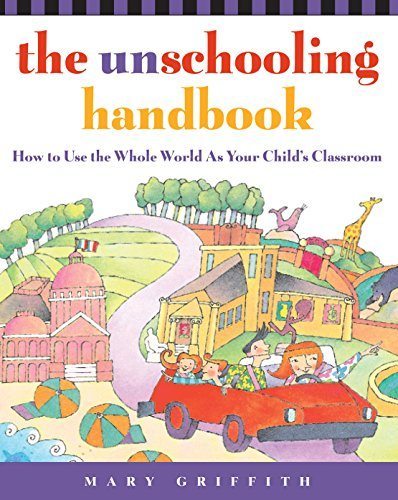 Get the handbook here on Amazon!
Get the handbook here on Amazon!
This happens when parent(s) are so zealous in their efforts to honor and respect their child’s autonomy and preferences, that they sometimes go too far the other way and forget to tend to their own needs. They may forget that they too deserve enjoyment and breaks, and need compassion when they make mistakes.
We do not use punishment to try to control our children, and we strive to create an atmosphere of cooperation and mutual respect in our homes and families.
Of course we’re human, and sometimes we yell, or lose our tempers. So do our kids.
But when we’ve overreacted or are wrong, we apologize and make amends. Everyone in the family is deserving of mutual respect, and we work daily on facilitating cooperation, understanding, and empathy between ALL family members.
Unschoolers believe that absolutely everything–every interest and experience–has some inherent value.
We don’t have to artificially try to make things “educational”, and it’s kind of annoying to see other homeschoolers rushing around to dress up everything as a “learning opportunity”.
 We know that learning happens best when it’s not confined to a classroom or a book. We recognize that it’s impossible to refrain from learning, even when we try!
We know that learning happens best when it’s not confined to a classroom or a book. We recognize that it’s impossible to refrain from learning, even when we try!
We recognize that the desire to learn is nearly insatiable, inherent in a child’s being, and if left to develop naturally (without the use of coercion, punishments, bribery, grades, gold stars, and the like), it will flourish and continue throughout one’s life.
Unschoolers believe that grades and rewards dampen one’s internal motivation to learn for the sake of wanting or needing to know.
We believe that dividing life up into subjects – and then labeling some of those subjects as universally important to know, and others as trivial or irrelevant – is a terrible disruption and hindrance to the natural flow of learning. The Finns already know this, by the way.
The end goal of unschooling is to raise adult humans who are “successful” in the sense that they have the tools necessary to make their way in the world, of course. But there’s a deeper meaning of success that’s also applied here, versus what’s applied to society in general.
Unschoolers are more likely to measure success in non-quantifiable terms.
We strive to give our kids the tools and the opportunities to be freethinkers. To carve out their own destinies instead of being bound by expectations or someone else’s life plans for them.
Unschoolers can and do “schoolwork”, and they can and do go to college and beyond–if they desire to.
Unschoolers have also experienced trust often enough, that trusting themselves comes naturally. They have been able to experiment and follow the threads of their interests without coercion, manipulation or grades. Those interests are more likely to lead to consuming passions and an expertise with a unique and marketable skill set.
By young adulthood, many unschoolers are in the uncommon position of being able to create abundance by following the natural flow of their passions, having boundless enthusiasm to learn new skills, and honing skills they already possess.
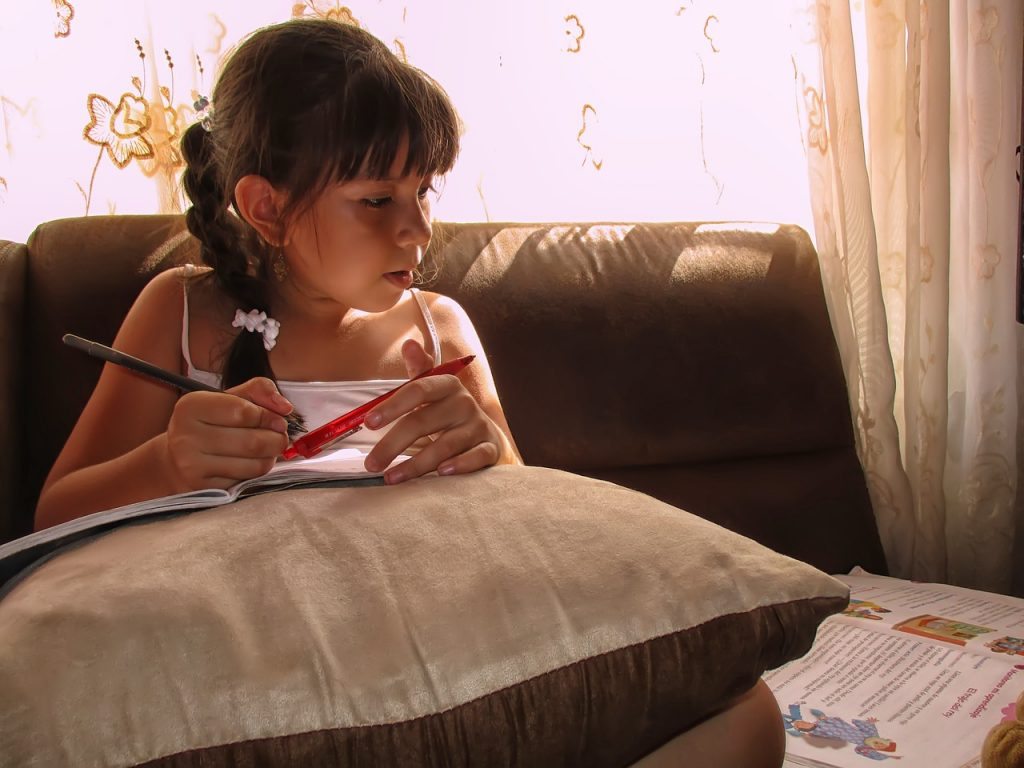
So when we talk about unschooling, we’re not talking about ignoring our kids. Quite the opposite actually–unschooling requires a deep commitment and consistency of interaction with our kids in order to work well and feel functional for both parents and children.
We’re also not going for Lord of the Flies-style role reversal, where kids are the tyrannical authorities and parents helplessly follow in their wake.
Unschooling is about prioritizing cooperation, connection, and empathy within families. Learning how to read, write, and do math are all simply bonus results that occur in the process.

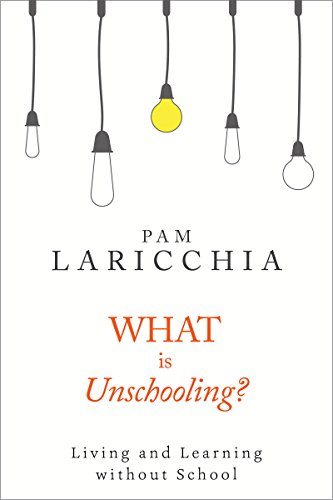
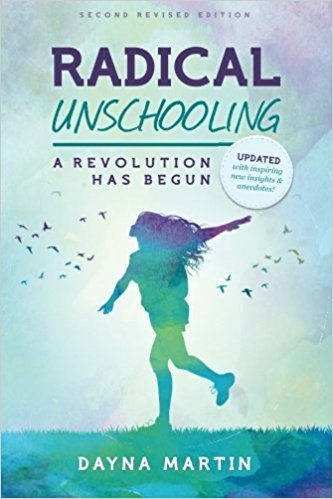 Get the book here on Amazon!
Get the book here on Amazon!
